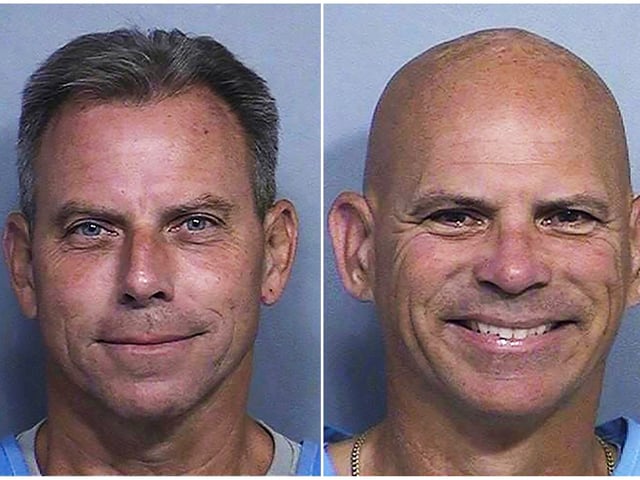Overview
- After an all-day virtual hearing, a two-commissioner panel found Menéndez unsuitable for parole and set his next eligibility review for at least three years from now.
- Commissioner Robert Barton said repeated rule violations — including contraband cellphone use, fights and other incidents — undercut claims he was a model prisoner and indicated ongoing risk.
- Lyle Menéndez’s separate parole hearing was scheduled for Friday by videoconference from Richard J. Donovan Correctional Facility in San Diego.
- Any future parole grant would undergo a statutory review of about 120 days before the governor has 30 days to affirm or reject it under California procedure.
- Los Angeles County District Attorney Nathan Hochman formally opposed release, as the brothers’ eligibility stems from a May 2025 resentencing that converted their life-without-parole terms to 50-years-to-life.



